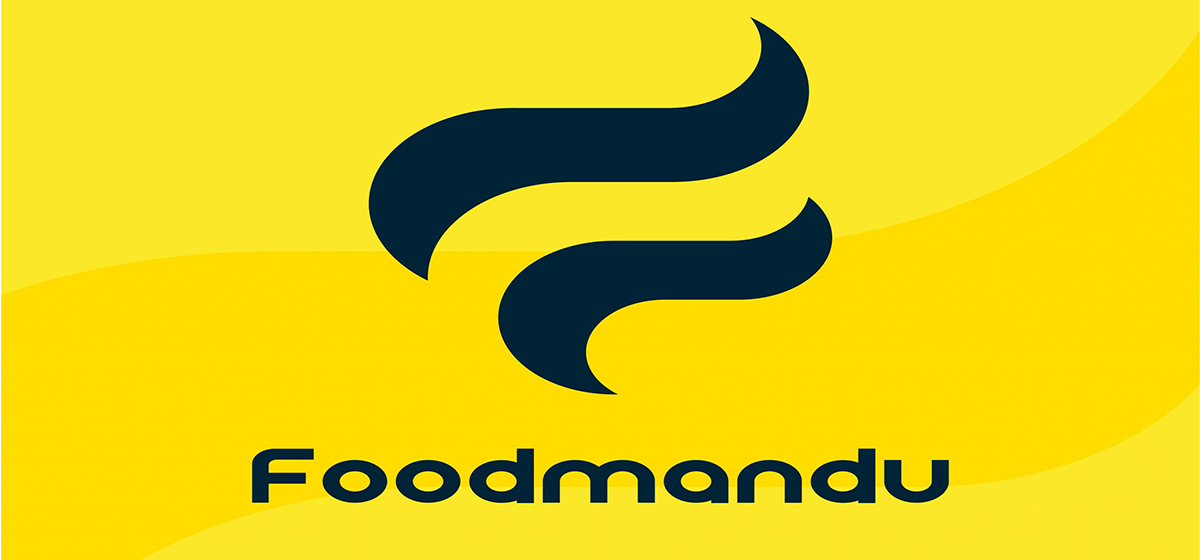In the bustling streets of Kathmandu back in 2010, the concept of ordering food online was almost unheard of. Dining out was a planned event, and food delivery was limited to a few restaurants offering phone orders without any digital platform. It was in this landscape that Foodmandu was born, pioneering Nepal’s first online food delivery service and forever changing the way Nepalis experience food.
In the bustling streets of Kathmandu back in 2010, the concept of ordering food online was almost unheard of. Dining out was a planned event, and food delivery was limited to a few restaurants offering phone orders without any digital platform. It was in this landscape that Foodmandu was born, pioneering Nepal’s first online food delivery service and forever changing the way Nepalis experience food.
Startup Vision: Solving a Simple Problem
Founded in November 2010 by Manohar Adhikari, Foodmandu emerged from a simple yet relatable problem: Adhikari, a busy software developer, often struggled to find time to eat during his hectic workdays. He realized that Kathmandu lacked a reliable and convenient way to order food online. This insight sparked the idea to create a platform that connected consumers with local restaurants, delivering meals right to their doorsteps — a revolutionary concept in Nepal at the time.
Early Days: A Humble Beginning Amid Skepticism
When Foodmandu launched, it operated with just 10 restaurants and a small team of 4 employees. Most restaurants were skeptical about joining an online platform, uncertain about how it would affect their traditional business. Customers were equally cautious, unfamiliar with online ordering and unsure if the food would arrive on time or at all.
The startup averaged only five orders per day, reflecting the challenge of building trust in a new digital market. Hiring delivery riders was another uphill task. The concept of food delivery as a profession was new, and navigating Kathmandu’s congested streets required logistical precision and determination. Yet, Adhikari’s belief in the idea pushed the company forward.
Growth and Expansion: From Startup to Market Leader
A major turning point came with the rise in internet usage and smartphone adoption in Nepal. In 2015, Foodmandu launched its mobile app, making online food ordering faster and easier.
In 2016, the startup secured investment from True North Associates, enabling them to scale up operations, upgrade technology, and partner with more restaurants. The number of partner restaurants expanded from 10 to over 500, and daily orders grew to over 2,000.
More funding came in 2020 through a Series B investment by Team Ventures, and in 2023, USD 4 million was secured through a Series C round from Dolma Impact Fund II. These investments helped Foodmandu:
- Expand to five cities
- Diversify services to include groceries, beverages, and fresh vegetables
- Partner with local farmers and wholesalers
Today, Foodmandu partners with 900+ restaurants and vendors, employs 300+ staff, and manages a fleet of over 200 full-time delivery riders. It serves more than 350,000 customers across Nepal.
Overcoming Challenges: Resilience in a Changing Market
The path to success wasn’t easy. The 2015 earthquake and economic blockade disrupted operations and tested the company’s resilience. But Foodmandu strengthened its supply chain and logistics to ensure service continuity.
Convincing customers to shift from cash-based payments to online transactions was another major challenge. The company integrated local digital wallets like eSewa and Khalti, simplifying payments and building customer trust.
Route optimization, rider training, and real-time delivery tracking became priorities to maintain food quality and timely service — key elements of customer satisfaction and retention.
Impact on Nepal’s Food Tech Industry and Society
Foodmandu’s efforts reshaped Nepal’s food tech industry. It:
-
Introduced and normalized online food ordering
-
Created a new market segment
-
Encouraged other startups to join the space
Consumers, especially in urban areas, adopted online ordering as a convenient option. Restaurants that were once hesitant now rely on delivery partnerships to increase sales.
The company also generated employment by creating jobs for riders, tech teams, customer support, and management roles. It has promoted diversity by empowering women in leadership positions.
Commitment to Innovation and Customer Satisfaction
The success of Foodmandu is grounded in its commitment to innovation and user experience. From a simple website to a robust mobile app, the company has evolved with consumer needs.
It invests in:
-
Advanced logistics
-
Customer support systems
-
Real-time feedback mechanisms
Services like grocery delivery became crucial during the COVID-19 pandemic, ensuring households received essentials during lockdowns.
Manohar Adhikari’s vision goes beyond food delivery — he aims to build a scalable e-commerce ecosystem tailored to Nepal’s digital evolution.
Looking Ahead: The Future of Foodmandu
Foodmandu is set to:
-
Expand to more cities and even rural areas
-
Adopt AI-powered delivery optimization
-
Strengthen ties with local producers
-
Contribute to Nepal’s agricultural economy
The company’s growth story serves as a beacon for young entrepreneurs in Nepal, proving that a simple, practical idea backed by persistence can transform an entire industry.
Conclusion
From a modest startup in 2010 to Nepal’s leading food delivery platform, Foodmandu’s journey is truly inspiring. Founder Manohar Adhikari’s dedication turned a personal inconvenience into a nationwide solution that redefined how Nepalis eat, shop, and live.
By revolutionizing online food delivery, Foodmandu not only contributed to Nepal’s digital economy but also set the stage for future startups. As it continues to grow, innovate, and expand, Foodmandu remains a powerful symbol of entrepreneurial spirit and digital transformation in Nepal.










